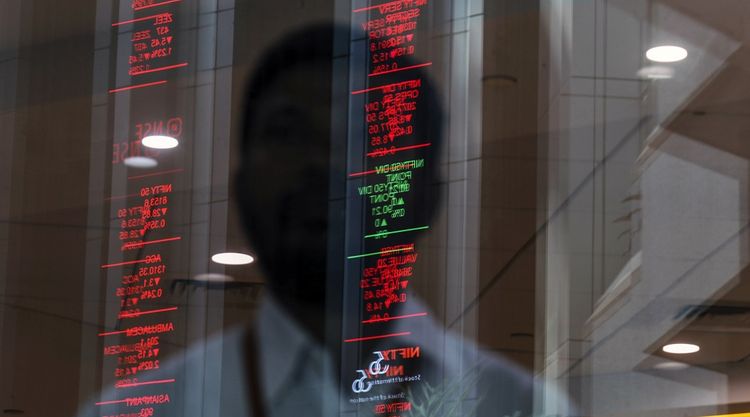The Bombay High Court extended an injunction against Singapore Exchange Ltd. as it deferred hearing a dispute over plans for new offshore Indian derivatives contracts.
National Stock Exchange of India Ltd. obtained an interim order on May 21 that restrains SGX from launching the products in June. The stay will remain until at least the next hearing in the case between the bourses, set for May 26, the NSE said in a statement late Wednesday. SGX officials declined to comment.
NSE went to court to stop its counterpart from starting contracts that would replace its popular Nifty 50 Index derivatives. The Nifty futures in Singapore will end in the coming weeks after Indian bourses in February canceled their licensing and data deals with overseas markets, a decision that drew consternation from international investors and left SGX and others scrambling to find alternatives. The contracts have become a favored offshore product for hedging Indian holdings.
Singapore Exchange’s solution to the dispute was to ready the SGX India Futures for launch on June 4. The new contracts will be based on publicly available prices as well as market supply and demand, SGX has said, but NSE argued in court documents that they are “unlicensed products” and “identical” to the Nifty-branded futures. The Indian exchange had sought an urgent hearing without giving notice to SGX, according to the court filing.
SGX’s counsel told the court on Wednesday that they were ready to appear before a single arbitrator for relief, which ought to be decided before June 4.
“It really should not come down to legal disputes,” Gary Dugan, chief investment officer at Dubai-based family office Namara Wealth Advisors Ltd., said by email. “If Indian asset markets want their rightful position in global markets they must accept the international competition in the derivatives markets.”
MSCI Inc. Chief Executive Officer Henry Fernandez said his firm is “concerned, quite a lot” about the fight. The New York-based index compiler has “no problems” with efforts to develop onshore markets, but that shouldn’t mean killing offshore trading, Fernandez said in an interview with Bloomberg Television.
There were 1.65 million Nifty 50 Index futures contracts traded on SGX in April, according to the exchange’s data. While that was down 14 percent from a month earlier, it was still the third-most traded contract on Singapore’s bourse, behind the FTSE China A50 and MSCI Taiwan offerings.
If SGX abides by the ruling, it would mean there’d be no viable offshore options to hedge equities held in India.
“This is not a good time for international investors to be worrying about whether their hedge strategies are valid or can be rolled,” Dugan said. “The last few months have been challenging for Indian asset markets and international investor confidence has been tested.”
Bloomberg



